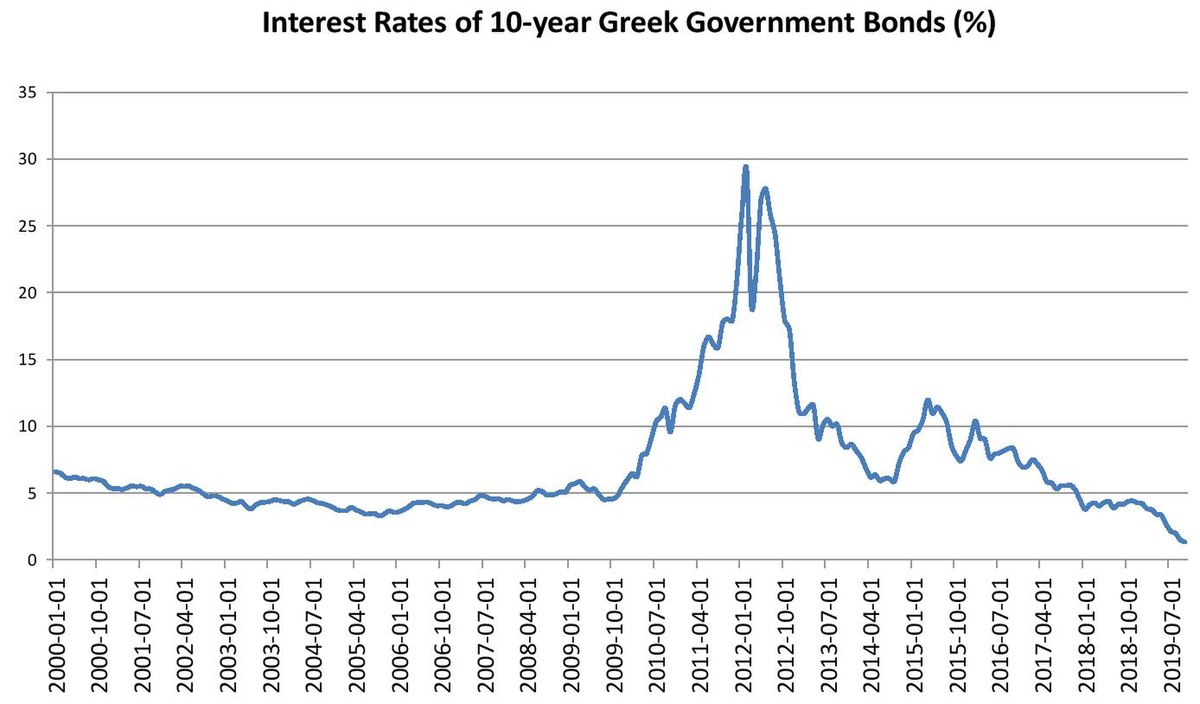This article consists of 8 pages and 1850 words. In order to have full access to this article, email us at thedocumentco@hotmail.co.uk
Ref No: 3577

Introduction
The history of the Search and Rescue (SAR) missions of Greek Air Force over Aegean Sea is tightly combined with the argument of the Greek –Turkey borders definition after the Cyprus crisis in 1974.
All weather requirements for search and rescue missions were critical factors in the decision of the SAR helicopter.
The huge amount of calls for search and rescue missions over Aegean Sea the recent period, highlights the role of aviation technology, communication among European infrastructures and networks (Search and Rescue ICAO- Emergency frequencies, Coordination Centre) and human factors limitations.
Selected critical episodes help us to identify the orientation and the limitations of the conflicting interests and the technology under the European infrastructures and networks.
Critical Review
Due to the recent migration crisis, Greece has seen an unprecedented surge in the number of migrants trying to cross the Aegean Sea to get into European Countries (Tharoor, 2016).
As a result, the importance of Search and Rescue mission conducted by the Greek Air force have attracted considerable attention both nationally and internationally.
European Border and Coast Guard Agency (EBCG) was formerly known as FRONTEX until it was renamed using Article 6 EU regulation 2016/1624, along with NATO has made attempts to help the Greek Air force.
This attempt was to deal with the migrant crisis stemming from the presence of 4 million Syrian refugees in Turkey, trying to flee the four-year long civil war in their country (FRONTEX, 2016).
Dyke (2005), describes and analyses in detail the Aegean dispute in the context of international law. Due to a long history on conflicts in the region, there is great confusion regarding the actual bone of contention between the two countries.
In his study, Professor Dyke attempts to identify the root cause of the Aegean conflict by pondering over the historical background of the issue.
Title of the critical review ‘migration and border studies: search and rescue missions of greek air force. From demilitarisation of the Aegean Islands to peace treaties signed by Turkey and Greece, the study takes into consideration all aspects of the conflict.
The study also suggests both states, especially Greece, to recognise Aegean Sea as a conflict zone which deserves to be resolved through constructive dialogue.
Collett (2016) described an important deal in detail, signed recently between Turkey and the EU. This deal in the light of recent migrant crisis is considered as an attempt to discourage refugees from crossing into Greece through the Aegean Sea, which is a conflict zone between Turkey and Greece.
According to Kouskouvelis (2013), Turkey has only increased problems for the west after gaining power in the aftermath of the cold war.
However, the author has displayed very little respect and faith in Turkey’s vow and resolve to find a solution to all its conflicts with its neighbours.
As compared to Kouskouvelis, Bahar Rumelili’s (2007) article highlighted the importance of EU relations with Turkey, which shows the significance to soft borders for positive influence as compared to hard borders.
Title of the critical review ‘migration and border studies: search and rescue missions of greek air force. Comparatively, this paper took into consideration the ground realities, discarded any bias unlike Kouskouvelis and pointed out positive polices by EU,
Greece and Turkey which intended and expected to improve border relations between the two states (Rumelili, 2007).
Whereas, the report on Turkey and Greek border issues on Aegean Sea by FIDH, Migreurop and EMH (2013) is far more concise.
This takes into account the efforts made by both the Greek Air force and the Turkish authorities in curbing illegal immigration, and using border technologies for effective SAR (Search and Rescue) operations in the border region.
The report takes note of historical activities of border and coast guard agencies in the region, current existing EU and national laws, weaknesses of current polices by EU and Greek authorities.
However, it also takes note on the efforts of Greek Air force Search and Rescue operations in Aegean Sea……

Recent Comments